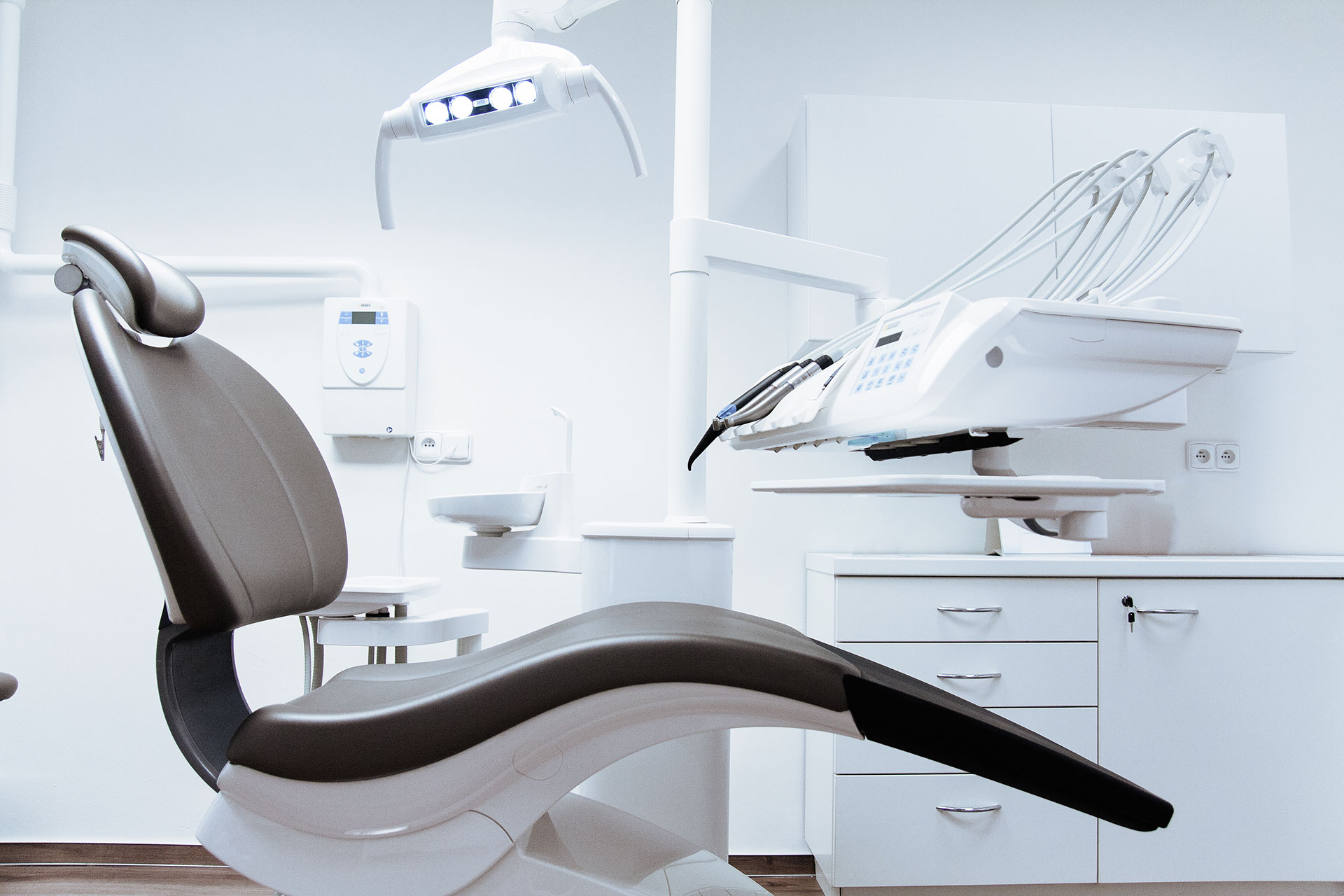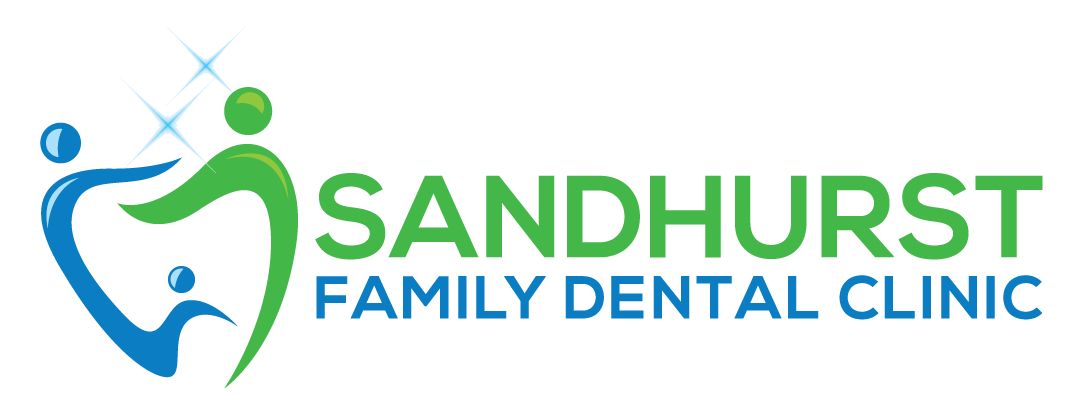A Glossary of Common Dental Terms and More

Published in August 2019.
A Glossary of Common Dental Terms and More
We’re all guilty of nodding along to conversations with our dentist. They’re using fancy dentist terms and even if we have no clue about what they mean, we nod anyway. Maybe you don’t want to bother them by asking too many questions. But you still wonder…
Wonder no more!
Here’s a list of some common dental health terms and procedures and what they mean for you.
Common oral health terms
Plaque- This is a very common word that you’ve probably seen in most oral care advertisements. Plaque is a sticky film-like substance that coats your teeth, usually comprised of bacteria and bacterial waste. Yuck! With proper oral care and regular cleanings, any plaque build-up shouldn’t bother you for too long.
Enamel- A hard calcified tissue that covers the crown of the tooth, reduces tooth sensitivity, and though seemingly daunting is a necessary part of your mouth.
Cavity – You’ve likely heard this term from advertisements too. Cavities are literally holes in your teeth. These holes are a result of a buildup of acid in your mouth that eats away at the tooth enamel. Oftentimes you can’t see them. But an X-ray at your dentist’s office can see them forming. Cavities do not heal, but with the proper care, you can prevent them from getting bigger. Cavities that get too big are treated with fillings.
Bicuspids- These teeth are premolar teeth that rest between the canines and the molars. These teeth have two points-also known as cusps– and are so-referred to as bicuspids.
Calculus- Just when you thought you could escape it, calculus happens to be a dental term too. For dentists, calculus is a hard deposit that forms over the crown of your teeth and along your gum line. Calculus forms when untreated plaque builds up and hardens over time. A lot of calculus on your teeth can make cleanings very difficult for your dentist.
Dentin – hard dense bony tissue forming the bulk of a tooth, beneath the enamel.
Common Oral Health Conditions
Gingivitis- The condition when your gingival tissue inflames without the loss of connective tissue, and although very intimidating just means the inflammation of the gums, caused mostly by plaque build-up, a term that you are already familiar with.
Dry mouth- Dry mouth sounds simple but does come with consequences. It is the most common cause of bad breath. It is simply the result of decreased saliva in your mouth, and it can cause a number of problems. If there isn’t enough saliva in your mouth, bacteria and food particles that would otherwise be washed away just sit there. Eating crunchy fruits and veggies and staying hydrated is one way to combat “dry mouth”.
Dentin hypersensitivity (DH, DHS) is dental pain which is sharp in character and of short duration, arising from exposed dentin surfaces in response to stimuli, typically thermal, evaporative, tactile, osmotic, chemical or electrical; and which cannot be ascribed to any other dental disease.
Procedures you might have heard about
Local anesthesia- It is a lot safer than it sounds. Local anesthesia refers to any anesthesia that numbs the pain in a specific area. Dentists will use local anesthesia for procedures like fillings. Under local anesthesia, the patient will not lose consciousness.
Root canal- If your dentist has talked to you about a root canal that means there is a cavity in the root of your tooth. Deep within your gums is a system of blood vessels and nerve endings within your gums known as “pulp”. This procedure will treat the infected pulp to protect your tooth from decay.
Orthodontist- Believe it or not, the orthodontist is not just a fancy name for your dentist, orthodontists are specialized and focus mainly on teeth alignment and procedures related to overbites, crowded or misaligned teeth. Dentists tend to focus more on oral hygiene and the actual state of your crowns and roots.
Dental prosthesis- this broader category referring to any artificial prosthetic that goes in your mouth to replace a missing or damaged section of your teeth or jaw, dentures fall under this category.
So there you have it, the next time you come by to visit us at Sandhurst Family Dental, impress us with these terms, and make us proud of how interested you are in your oral care and hygiene. We couldn’t possibly put every common term here, so if you didn’t find the exact word you were looking for, dentalcare.com offers a full list of professional dental terms, too. If you’re still not sure, book your followup, anytime!
